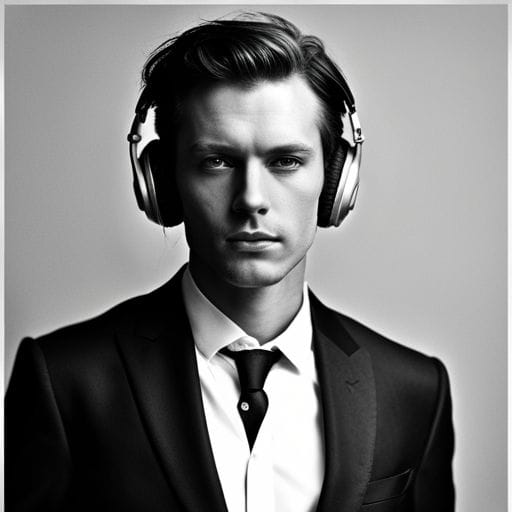4 Tips to Create Better Masters Using Headphones

How does the article ” suggest using headphones for better music mastering?
Mastering music is an art and skill that requires attention to detail, proper equipment, and an excellent understanding of sound. While speakers are generally preferred for mastering simply because they can fill a room with sound, headphones, with their increased detail and isolation, can also be an exceptionally effective tool. Especially when you are on the move or have a tight budget, headphones can be the best option.
So, here are four substantial tips to help you create better masters using headphones.
1. Choose Quality Headphones
Quality matters! Not all headphones are created equal or suitable for mastering. You should opt for high-quality reference headphones designed for studio use. These headphones deliver sound with the most accuracy and less coloration, helping you make precise adjustments. Brands like Sennheiser, Beyerdynamic, Audio-Technica, and AKG have some fantastic options in this category.
2. Understand Your Headphones’ Frequency Response
Every headphone model has its own unique frequency response, and it’s essential to understand your headphones’ frequency curve. Frequency response refers to the way headphones reproduce different frequencies. It’s what defines a headphone’s sound signature. Some may give extra emphasis to bass, while others may boost higher frequencies. Use a reference track you are well familiar with to understand how your headphones color the sound. That way, you’ll know if you’re compensating for the headphones or making an intentional mix decision.
3. Regular Breaks are Essential
Headphones can cause ear fatigue quicker than speakers. Regular listening breaks are crucial to avoid losing perspective and causing potential hearing damage over time. An effective rule of thumb is taking at least a 10-minute break every hour. It can make a massive difference in your productivity and the quality of your work. It also helps to keep the volume level moderate to reduce ear fatigue.
4. Use Reference Tracks
Reference tracks are crucial in mastering. These are professionally mixed and mastered songs that you use as a benchmark for your mixes. By comparing your work to these tracks, you can match produciton-quality goals. With headphones, you can get an incredibly detailed perspective on these tracks. This can guide your EQ decisions, levels, and even the stereo image. Be sure to select reference tracks similar to the music you’re mastering.
With careful considerations and practices, headphones can be an invaluable tool for creating better masters. They offer portability, affordability, and a unique perspective on mixes which larger studio monitors can’t provide. Remember, the key to effective mastering is understanding your tools precisely, which includes getting to know your headphones and their unique traits. So, plug in your headphones and get mastering!
